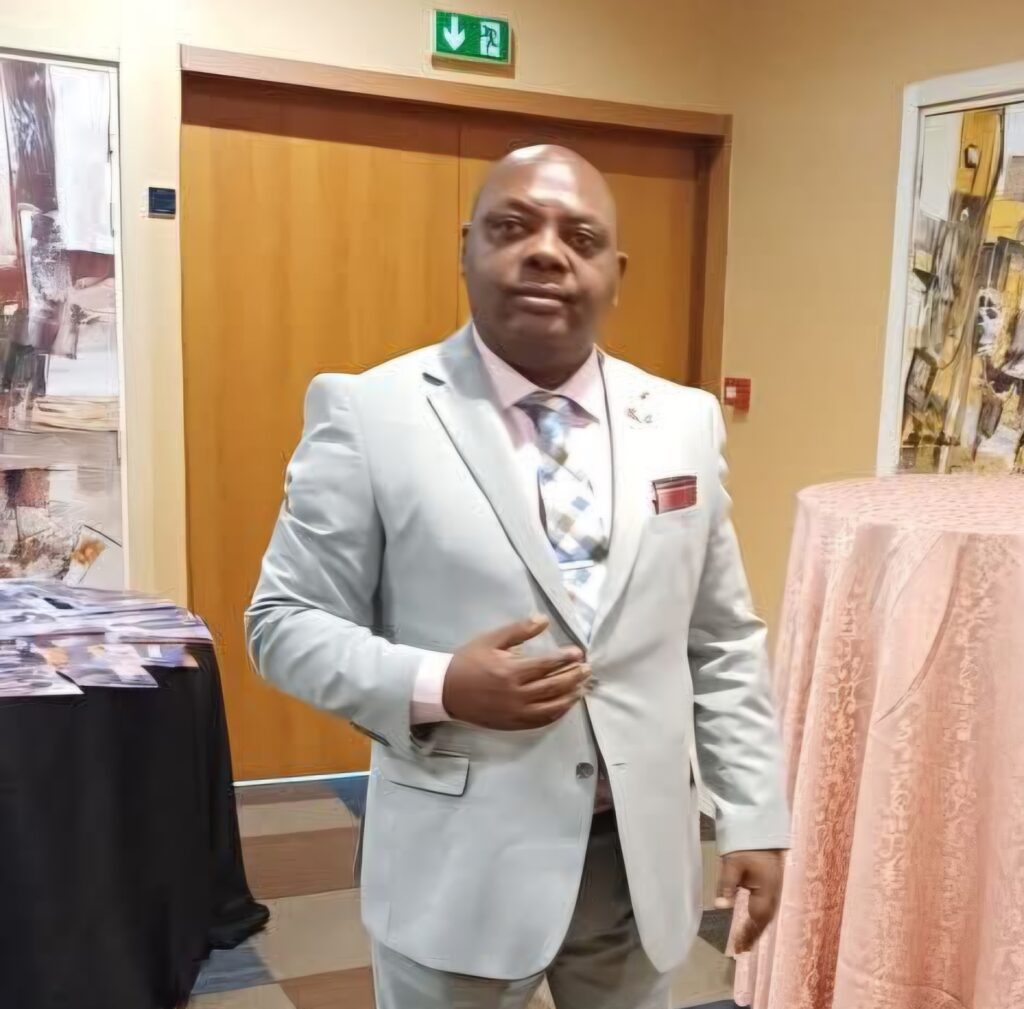By: Julius Konton
In a decisive vote, the Liberian Senate has confirmed Bornor M. Varmah as the new Chairman of the Law Reform Commission of Liberia (LRC), positioning him at the helm of a critical legal-policy institution charged with modernising the country’s statutory framework.
Varmah, who also serves as President of the Liberian National Bar Association (LNBA), brings to the role an advocacy pedigree and a commitment to overhauling outdated legislation.
According to LNBA materials, the Bar Association founded in 1907 promotes professional ethics and access to justice for lawyers, judges and law students.
With his new appointment, Varmah is “set and ready to hit the ground running”, insiders say.
His past work at the Bar included campaigning for the reform of “obsolete laws” on the books, an effort he will now lead from the driver’s seat at the LRC.
The LRC itself was established by the Liberian legislature in 2011 to “keep under review all laws of Liberia” and to propose modifications to statutory provisions that no longer reflect current realities.
Liberia’s justice and legal-reform sector continues to face major challenges.
According to the Carter Center, efforts remain underway to integrate customary and formal justice systems, improve case-turn-around times, and expand legal access across the country.
In this climate, the LRC’s mandate has increased urgency.
In February 2025 the Commission partnered with the Central Bank of Liberia to lead a national validation exercise supporting the establishment of an independent insurance regulatory authority.
Varmah’s five-point agenda (as laid out during his confirmation hearing) emphasises:
- Reviewing and harmonising Liberia’s existing statutes, many described as antiquated.
- Expanding access to justice for vulnerable groups, women, children, persons with disabilities and rural populations.
- Simplifying legal language and translating key laws into formats accessible to ordinary citizens.
- Strengthening institutional capacity of the LRC, research, staffing, transparency.
- Fostering inclusive public consultation, and cooperation between legislature, judiciary, bar, civil society and international partners.
Varmah’s role as LNBA president has seen him engage regionally as well , in mid-2025 he was appointed Acting President of the West African Bar Association (WABA), which spans national bar associations across West Africa.
He has also engaged internationally: in February 2025 he met with China’s Ambassador to Liberia to discuss legal-community cooperation and strengthening the rule of law.
Law pipeline: With Varmah now in place, scheduled legislative-drafting initiatives and statute reviews may accelerate.
The LRC’s collaboration with the Central Bank hints at an expanded reform footprint beyond traditional criminal or constitutional law.
Resource constraints: Despite the mandate, past commentary notes that legal institutions in Liberia face staffing, funding and infrastructure challenges, areas that the new chairman will need to address.
Public engagement: One of Varmah’s hallmark goals is translating laws into citizen-friendly language and engaging communities success in this area will be key to whether reform reaches beyond Monrovia.
Law-making relevance: As Varmah emphasises, it’s not enough to pass laws, they must be relevant, implementable and aligned with Liberia’s development agenda.
With the Senate’s backing, Bornor Varmah moves into a critical leadership role at a moment when Liberia’s legal-reform architecture intersects with justice, economic regulation and access to rights.
His prior leadership within the legal fraternity and regionally positions him as a reform-minded figure, but the real test will be translating ambition into tangible legislative and institutional outcomes.


